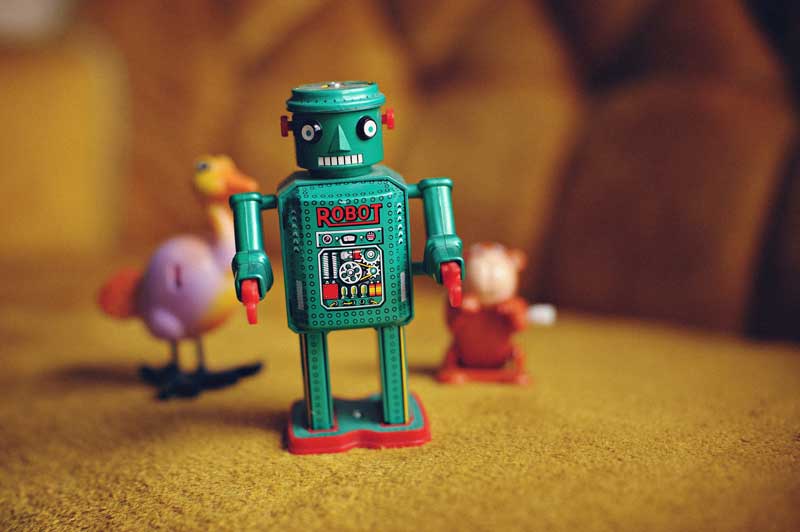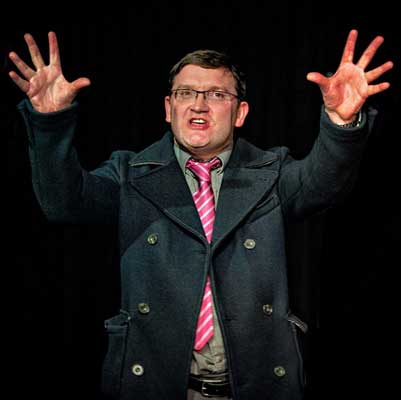
Most people who need a voice-over recording want the human touch. Even those looking to automate production and save costs with AI. They’re all trying to recreate human emotion and empathy.
The Future Is Coming But Probably Not As Quickly As We Think.
I was listening to a podcast today about the meaning and purpose of work. (Tim Lovejoy’s interview with RSA’s Matthew Taylor if you wanted to check it out). In a throwaway comment Matthew joked about how for the last 8 years we’ve been promised that driverless cars are 5 years away.
It struck me that the debate over AI Voices has been a little like that. It’s true of much technology. It happens eventually, but rarely as quickly as promised. In 1987, I took a 2-year computer programming course, where we were told that by the year 2000, computers would do everything, and we would have a life of leisure. It didn’t quite turn out that way, but there’s no denying that the direction of travel has been a little of what they promised. Sort of. At least if we forget about the “life of leisure” bit.
Automation In The World Of Voice Over.
Those of us in the voice-over world have been terrified for God knows how many years at the promise of AI voices. Every time a new product comes along, I brace myself and take a listen, thinking “this is it… we’re doomed”. Then, I always backtrack because the product is always something of a disappointment. It is missing some element. The human connection.
I’m not so complacent as to think the day will never come, it will, absolutely, but often those in the tech world don’t quite seem to get the importance of emotion and the part it plays in our work. A “voice generator” with a cut and paste window, plus angry and sad settings is their goal.
To Emote is Human.
When I entered the world of being an actor, even after a 25-year career in radio, emotion was something of a revelation. To understand how an internal feeling could influence just quite how a word was said. How a need could be embedded in a sentence. How a relationship could be defined by the way we speak to each other.
Your voice can be completely different when your heart is open versus when you’re speaking through gritted teeth. Often this kind of nuance is hard to put into words. It’s sometimes why casting directions are so vague. They can’t quite say what it is they’re looking for, but they’ll know it when they hear it. It’s a feeling, and when they hear it, it will be a human connection.
Conclusion.
If you produce content, you will always want to keep one eye on the future of technology in your business. That’s being pragmatic. You’ll also want to be sure that your product’s quality isn’t compromised by rushing into experimental ways of working. One day, the robots might take over, but in the meantime, you need to settle for a one-off performance. A Human Voice Generator.

Tony Collins Fogarty
British Voice Over Artist and Actor.
Tony Collins Fogarty is a British Voice-Over Artist, with a background in broadcast and training as an actor. His radio career began in 1988. He has been a full-time voice over artist since 2012. Commercially, he is best known as the brand voice of Tripadvisor, playing their spokesperson (owl) in their TV campaigns in the US, Canada and the UK.